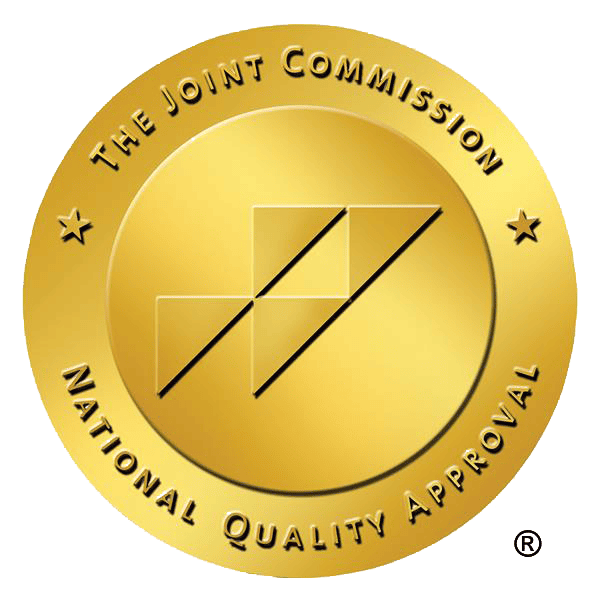Co-occurring disorders, also known as dual diagnosis, refer to the presence of both a mental health disorder and a substance use disorder. This often complicates the treatment process as each condition can interact and exacerbate the symptoms of the other.
Understanding the various types, causes, effects, signs, risks, and available treatments for co-occurring disorders is essential to provide effective intervention and support.
Defining a Co-Occurring Disorder
There are various types of co-occurring disorders, which involve the simultaneous presence of a mental health disorder and a substance use disorder. Some common examples include:
- Depression and Substance Abuse: Individuals with depression may turn to substances like alcohol or drugs as a way to self-medicate or alleviate their symptoms, leading to the development of a substance use disorder.
- Anxiety disorders and Substance Use: Conditions such as generalized anxiety disorder, panic disorder, or social anxiety can intertwine with substance use disorders. People experiencing high levels of anxiety may seek relief through substances, which can then perpetuate the cycle.
- Bipolar Disorder and Substance Abuse: Bipolar disorder involves drastic shifts in mood between periods of depression and mania. Those struggling with this condition may resort to drug or alcohol misuse during manic episodes for increased energy or self-soothing during depressive phases.
- Post-Traumatic Stress Disorder (PTSD) and Addiction: PTSD often results from traumatic experiences and leads individuals to cope using substances that temporarily mitigate distressing symptoms like nightmares, hyperarousal, or flashbacks.
- Schizophrenia Spectrum Disorders and Substance Abuse: Individuals diagnosed with schizophrenia are at higher risk for substance abuse due to overlapping factors such as managing distressing symptoms, hallucinations, social isolation, genetic predispositions, or medication side effects.
- Personality Disorders and Substance Use: Conditions like borderline personality disorder (BPD) have been associated with an increased vulnerability toward engaging in risky behaviors, including substance misuse.
What Causes Them?
Complex and multifaceted factors influence the development of co-occurring disorders. While the precise causes can vary, several common elements contribute to their onset. For starters, there is evidence suggesting that certain genetic factors may increase an individual’s susceptibility to mental health disorders and substance use disorders.
Next, adverse environmental circumstances, such as childhood trauma, neglect, abuse, or chronic stress, can elevate the risk of developing co-occurring disorders. Disturbances in brain chemistry also play a role in developing dual-diagnosis disorders.
Additionally, substance use itself can lead to symptoms resembling certain mental health disorders, such as hallucinations, depression, and anxiety. Continued substance misuse may exacerbate existing psychological issues or trigger new ones.
Lastly, some individuals have innate dual vulnerabilities that can increase their proneness towards both mental health and substance use disorders.
Effects of Co-Occurring Disorders
Co-occurring disorders can have a profound impact on an individual’s emotional, mental, and physical well-being. These include:
Emotional Effects
Co-occurring disorders can lead to heightened emotional distress, such as increased feelings of sadness, hopelessness, anxiety, or irritability. Difficulty managing and regulating emotions becomes challenging when both mental health and substance use disorders are present concurrently.
The risk of suicidal ideation and self-harm is also notably higher among those with co-occurring disorders due to the intensity of emotional turmoil.
Mental Effects
Co-occurring disorders can impair cognitive abilities like memory, concentration, decision-making, and problem-solving.
Physical Effects
Substance abuse exacerbates physical health issues related to mental health conditions, such as increasing risks of liver damage from excessive alcohol use.
Furthermore, substance abuse weakens the immune system’s functioning, making individuals more susceptible to infections and diseases.
Co-Occurring Disorders and Addiction
The relationship between co-occurring disorders and addiction is complex and intertwined. Here are some important points to consider:
- Individuals with untreated mental health disorders may turn to substances as a means of self-medication, aiming to alleviate distressing symptoms or manage emotional pain.
- Substance abuse can induce symptoms of various mental health disorders.
- Co-occurring disorders often create a vicious cycle where substance misuse worsens mental health symptoms while the presence of those symptoms perpetuates the craving for substances.
- Having a mental health disorder can make an individual more vulnerable to developing an addiction.
- Co-occurring disorders share common risk factors such as genetics, environmental stressors, family history of substance use, and neurochemical imbalances.
Signs of Untreated Co-Occurring Disorders
Untreated co-occurring disorders can manifest in various signs and symptoms, indicating the need for intervention and support, such as:
- Escalating substance use
- Worsening mental health symptoms
- Strained social relationships
- Poor performance at work or school
- Neglecting self-care
- Legal and financial problems
Risk Factors for Co-Occurring Disorders
The risk factors include family history, early childhood trauma or adverse experiences, chronic stress, gender, lack of social support, biological factors, exposure to traumatic experiences, and previous mental health or substance use disorders.
Treatment
The treatment of them requires an integrated and comprehensive approach that simultaneously treats both mental health and substance use disorders. Personalized treatment programs could include detox, medication-assisted treatment (MAT), psychotherapy, group therapy, behavior modification therapy, and holistic therapy.
Compassionate Co-Occurring Disorder Care in Austin, TX
You are never alone when you are ready to take the first steps to get help for co-occurring disorders in Austin, Texas. Joint Commission-accredited, The Prarie Recovery Center provides personalized treatment plans in a supportive and caring environment utilizing evidence-based and holistic therapies.
Let us assist you on your journey to a healthier and happier life by contacting us today.









